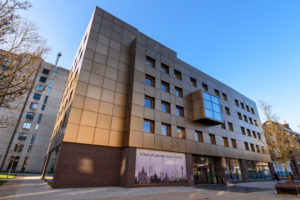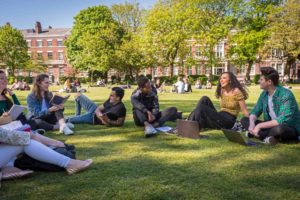How you'll learn
Teaching is delivered in an interactive, participatory and inclusive way, with extensive support of small group teaching and online learning platforms. You’ll have a mix of lectures, large group seminars/tutorials, small group workshops, one to one tutorials and research supervision meetings.
How you're assessed
You will study 60 credits of taught modules and complete a dissertation worth 120 credits.
Each of the taught modules is formally assessed by coursework on a semester basis. Depending on the learning objectives of the module, this may include project work, fieldwork analysis, a research strategy document, a report of research observation, a book review or the completion and analysis of interviews.
Your advanced social research project will be assessed coursework through a 30,000 word dissertation.
Liverpool Hallmarks
We have a distinctive approach to education, the Liverpool Curriculum Framework, which focuses on research-connected teaching, active learning, and authentic assessment to ensure our students graduate as digitally fluent and confident global citizens.
The Liverpool Curriculum framework sets out our distinctive approach to education. Our teaching staff support our students to develop academic knowledge, skills, and understanding alongside our graduate attributes:
- Digital fluency
- Confidence
- Global citizenship
Our curriculum is characterised by the three Liverpool Hallmarks:
- Research-connected teaching
- Active learning
- Authentic assessment
All this is underpinned by our core value of inclusivity and commitment to providing a curriculum that is accessible to all students.









